Born in November 1965 in Weißenburg, Germany, designer Andreas Berlin (born Andreas Reichert) studied interior design and product design at Hochschule RheinMain University of Applied Sciences between 1990 and 1995. He graduated with a Dipl. –Ing (or Engineer’s Degree) in 1995. After school, he interned and worked in a variety of arenas inside Germany, including cabinet making, metalwork, furniture studios, and architectural studios. In 2002, he established himself as a freelance interior designer and industrial designer under his given name, Andreas Reichert, in Wiesbaden, Germany. Soon after, in 2005, he designed the B-Flat Sofa (2005) for Leolux in the Netherlands, which ultimately earned him a 2007 RedDot Award. Between 2005 and 2006, he lectured on design at his alma mater. The designer moved his studio to Berlin in 2006. In 2010, he legally established his artist name, Andreas Berlin. Since that time, he has focused primarily on client-driven work in product, interiors, and installation designs.
Accolades include multiple nominations for the Interior Innovation Award in Cologne (2006, 2009, 2010) as well as inclusion in the book Möbeldesign Deutschland - Die Klassiker, published by Dumont-Verlag, in both 2005 and 2008.
In 2016, Berlin shifted his focus and launched his first self-driven, designer-maker collection, a series of one-of-a-kind Small Tables composed of vintage vases and new joinery and tabletops. According to Berlin, “One day at a flea market, I [suddenly] understood an ordinary domestic vase not as a product but as a segment of sculpture. This was the starting point of the Small Tables.” These were soon followed by a series of Shelf Sculptures and Small Mirrors, also composed, in part, of found vintage materials. Notably, Small Tables earned Berlin a “Jury Selection 2016” nod at the DMY - International Design Festival.
The concept of time is an integral component in Berlin’s self-produced work, both in terms of the materials he uses—a mix of new pieces and found, vintage objects with their own, often unknown histories—as well as the time-intensive nature of the production process, wherein Berlin builds each and every piece by hand. Describing his approach, Berlin uses the phrase “sculptural engineering,” noting: “Design is the search for a new perspective on a product and the development of a logical and emotional approach to formal and technical implementation. The extent to which the formal idea can exert lasting fascination is decisive here.” He also cites his wife, multimedia artist Sabine Dehnel, and the following phrase from Jean Paul Richter as influences: “Feeling finds, astuteness knows the reasons.”
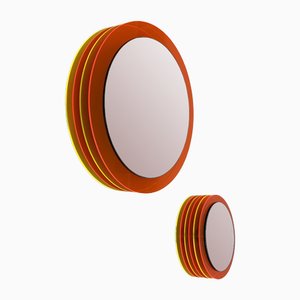
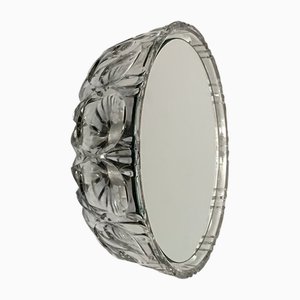
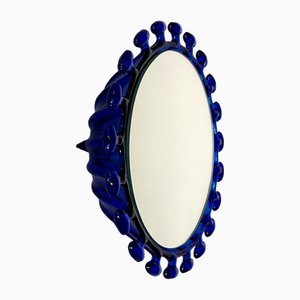
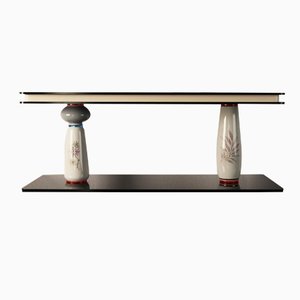
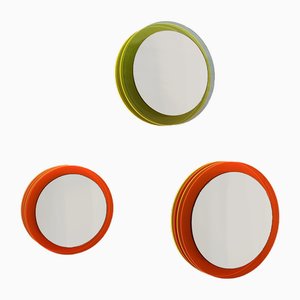
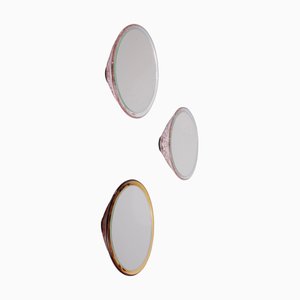
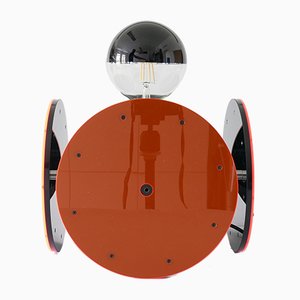
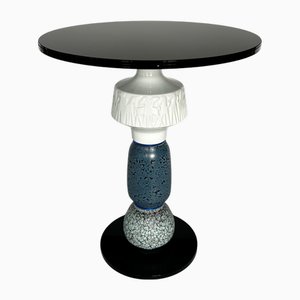
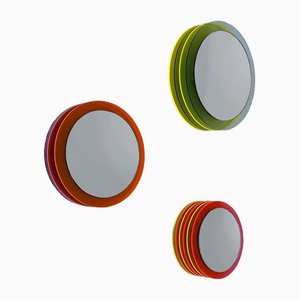
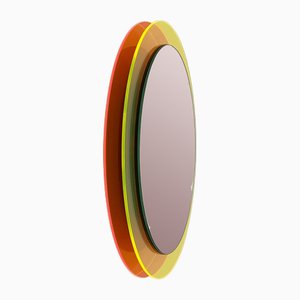
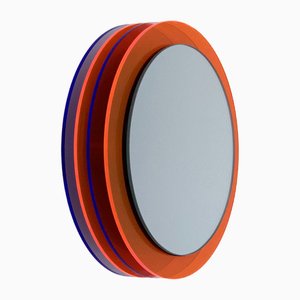
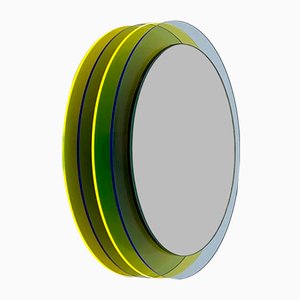
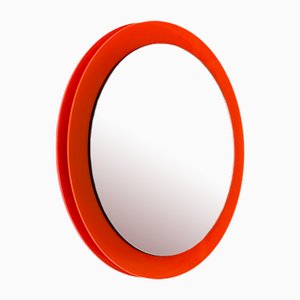
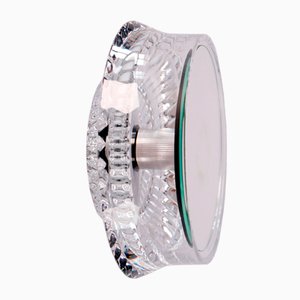
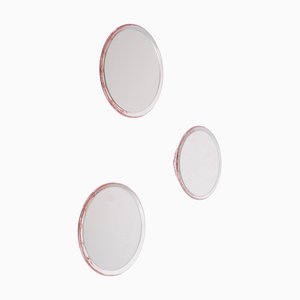
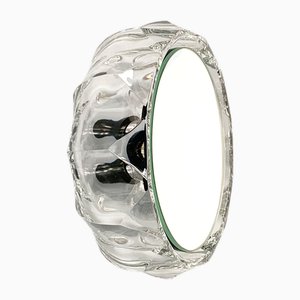
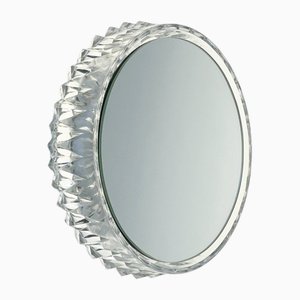
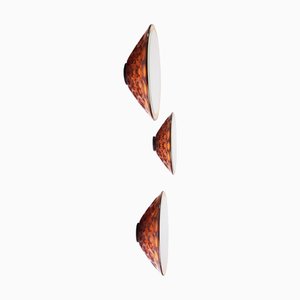
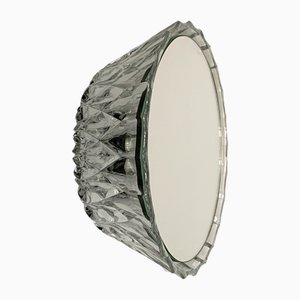
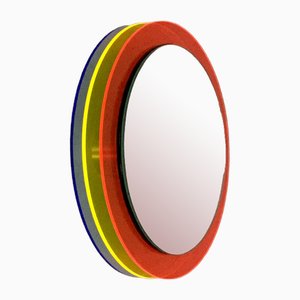
Get in Touch
Make An Offer
We noticed you are new to Pamono!
Please accept the Terms & Conditions and Privacy Policy
Get in Touch
Make An Offer
Almost There!
To follow your conversation on the platform, please complete the registration. To proceed with your offer on the platform, please complete the registration.Successful
Thanks for your inquiry, someone from our team will be in touch shortly
If you are a Design Professional, please apply here to get the benefits of the Pamono Trade Program